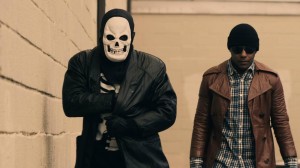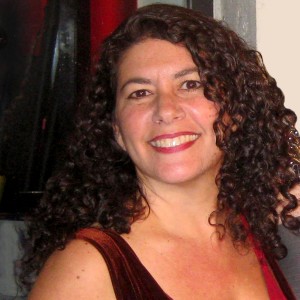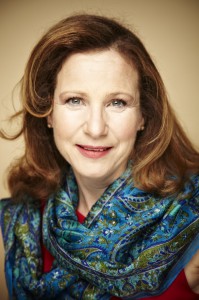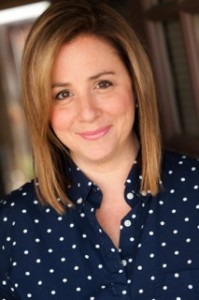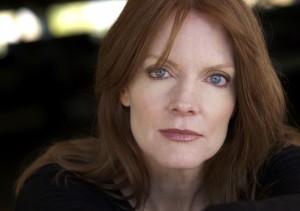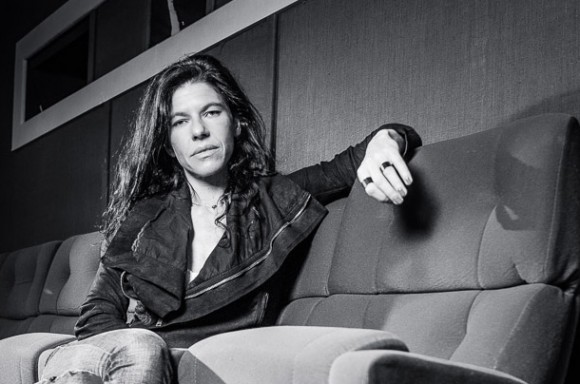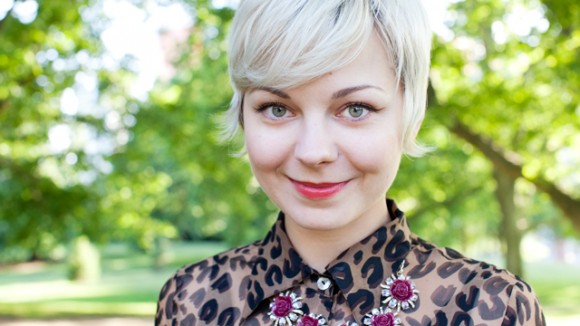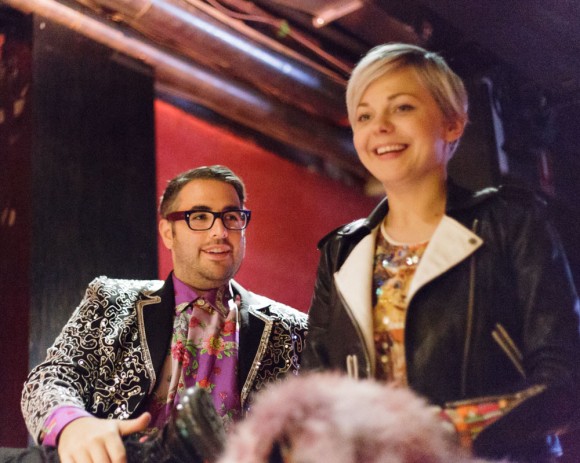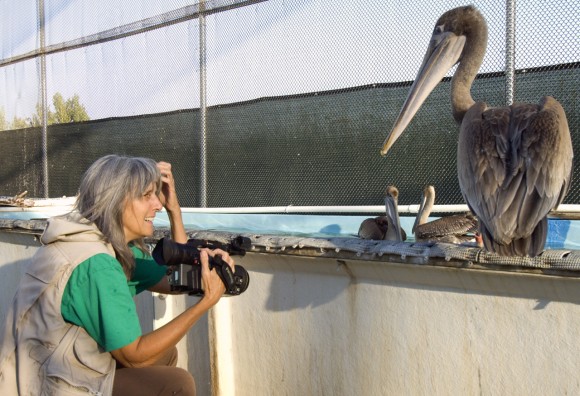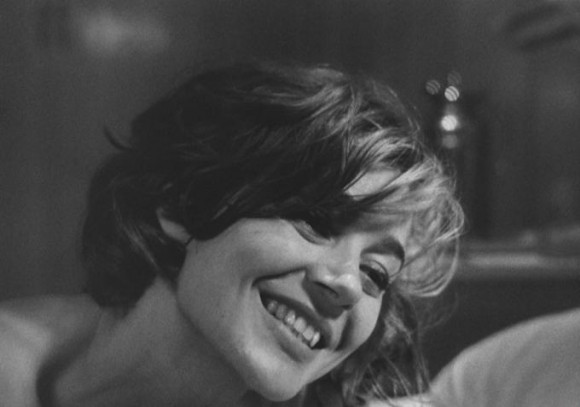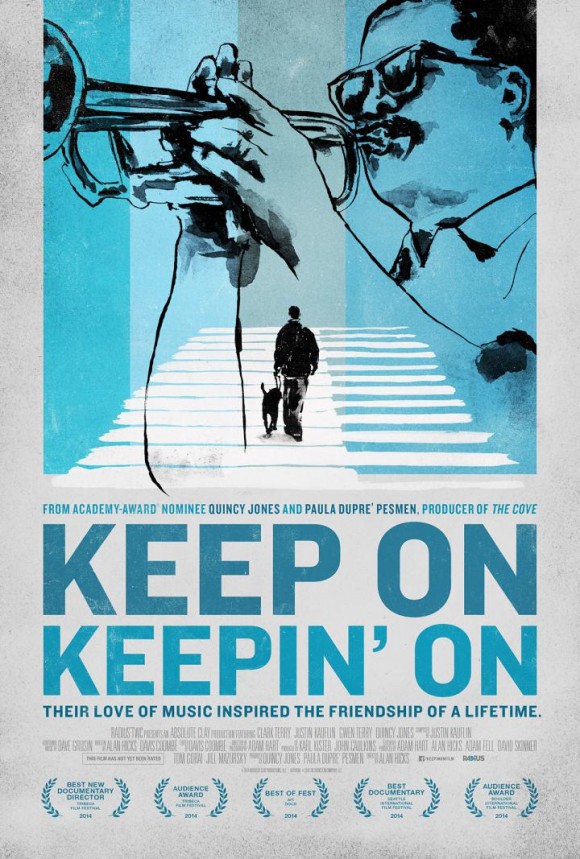How does a 16-year-old honor student evolve into a bank robber? In EVOLUTION OF A CRIMINAL, filmmaker Darius Clark Monroe asks this very question about himself. After seeing his mother and stepfather struggle to make ends meet while living outside of Houston, Monroe decided to help them by robbing a bank with two friends. Executive produced by Spike Lee.
Monroe, director of this acclaimed new autobiographical documentary, will participate in Q&A’s after the 7:10 screenings at the Music Hall on Friday, October 17 and Tuesday, October 21.

